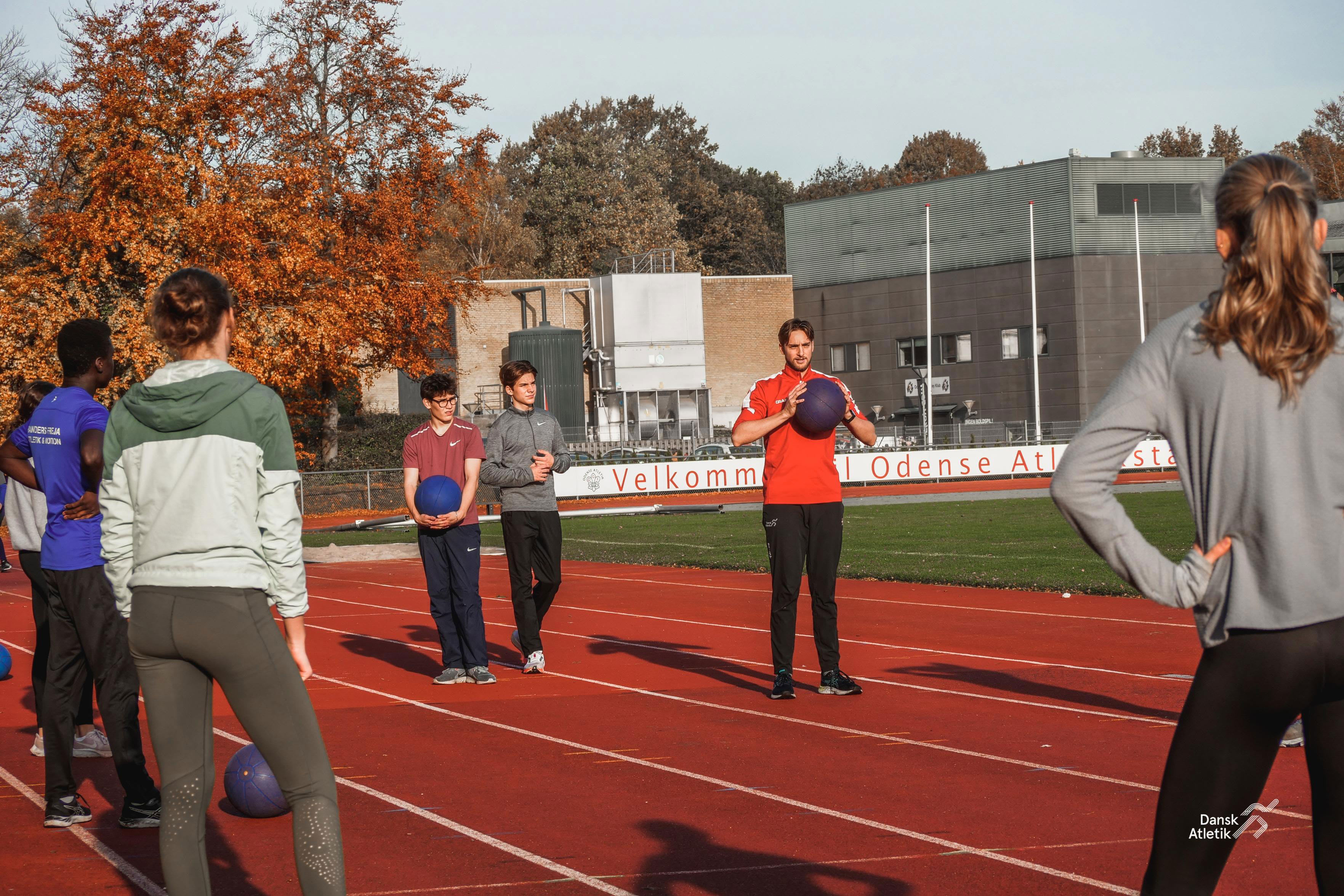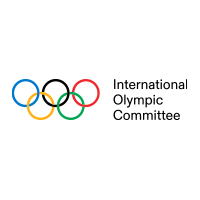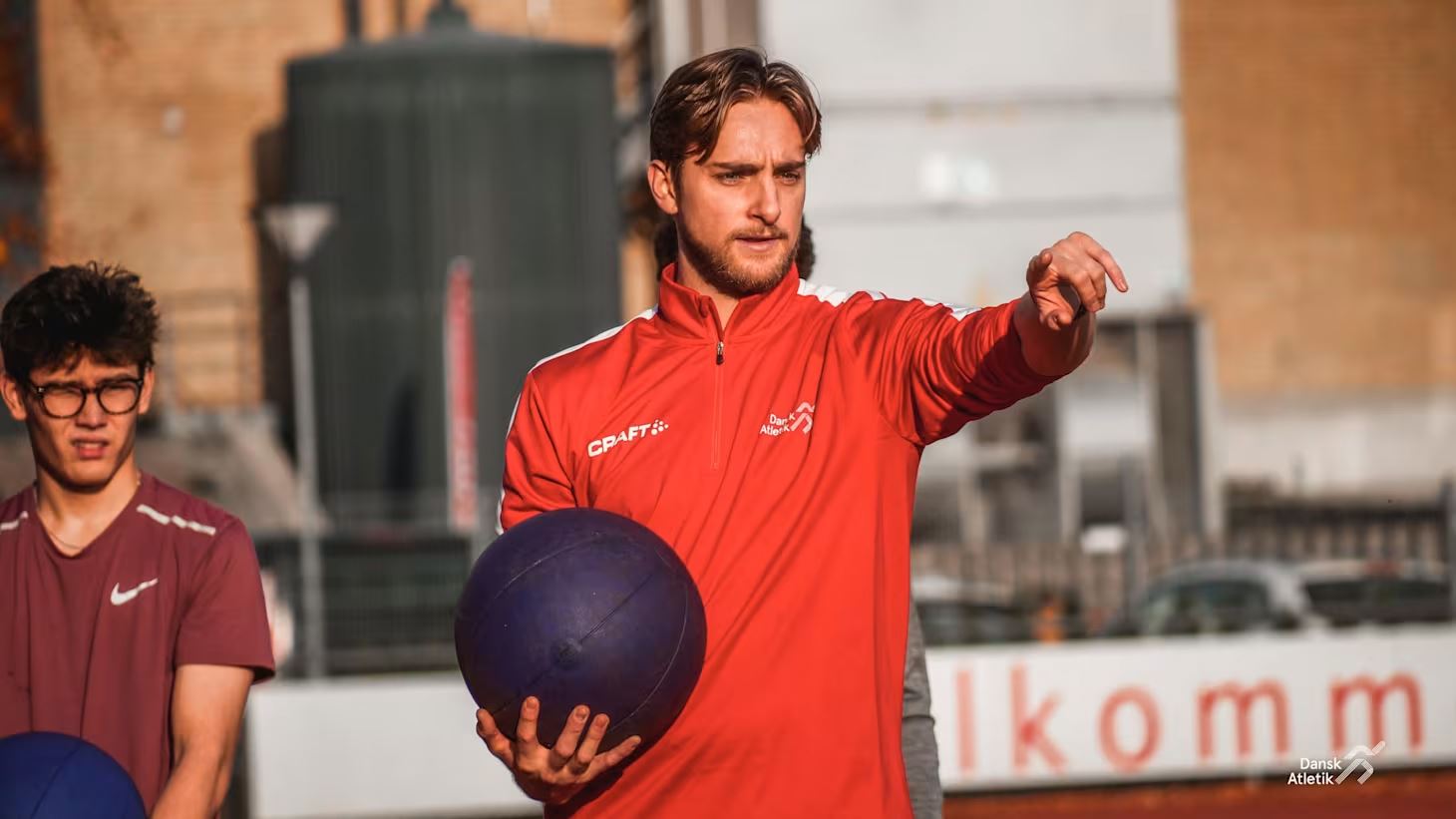27 March 2024 - While coaching at an athletics club in Denmark, former track and field athlete Martin Johansen noticed how the gender imbalance among staff affected the progress of some female athletes. Now retired and with a master’s degree in elite sports, Martin joined the IOC Young Leaders Programme to address this issue with his new project, CoachEquity, which focuses on creating strong mentor groups designed to bring more female coaches into high-performance athletics.
As a former track and field athlete turned coach, Norway’s Martin Johansen has developed strong views on the gender imbalance in sports coaching. With the support of the IOC Young Leaders Programme, and as a social entrepreneur, Martin was inspired to develop CoachEquity. CoachEquity aims to tackle this problem by creating a network of female coaches across the Nordic countries who can collaborate, connect and inspire new opportunities for each other in athletics internationally.
My engagement with gender equality first came to me as I was applying for the IOC Young Leaders Programme. I wanted to make a difference in the world of sport, and as I reflected on how to do this, it was natural for me to combine it with my passion for coaching.

Martin Johansen, IOC Young Leader
“Paris 2024 will be the first [Olympic Games] to have gender equality when it comes to athletes, but it’s a totally different story for coaches,” Martin added. At Tokyo 2020, only 13 per cent of coaches were women.
Data driven approach is the key
In his first year as an IOC Young Leader, Martin wanted to improve his understanding of why there are so few female coaches in athletics. In 2023, he developed a questionnaire that would give a fuller picture of the situation for women in Norway and Denmark.
“Last year, I created a comprehensive questionnaire and sent it out to as many female athletic coaches as I could in Norway and Denmark,” revealed Martin. “I realised that there was little data to guide me. I wanted to find out how many female coaches we have, the work they do in their local communities, what kind of support they need and what barriers they are facing.
“A huge takeaway was that, across multiple questions, many stated that time consumption and family obligations made coaching feel an unviable career pathway for them. It was the one barrier holding them back from progressing. With coaching being such a time-consuming job, and the work often taking place on evenings and weekends, this is a real obstacle to tackle.”

Taking a personalised point of view
Martin’s initial idea was to create larger gatherings with the CoachEquity network every six months in one country, but the findings from his research motivated him to rethink his strategy.
He’s now focused on taking a more personal approach and is hoping to build an initial network of 20 to 30 female coaches, who will then be split into smaller groups based on their individual needs and wants. Each group will be led by designated mentors, with the plan to launch a pilot project in Oslo, Norway, later this year, where participants can network and get involved in specific activities.
“What CoachEquity wants is to create a network of female athletic coaches in Scandinavia who can go beyond the national borders. In this field, it’s crucial that you know the right people, and vice versa,” said Martin.
“My hope is that I can build a network that inspires learning, facilitates connection and creates new opportunities in international coaching for all.”
Working towards new solutions
While brainstorming ideas for his project, Martin remembered an experience from his time coaching that highlighted the need for diversity among staff in empowering female athletes to develop to their full potential.
When I was coaching at my previous athletics club in Aarhus, Denmark, we were a group of four male coaches to 15 athletes in their late teens. When we brought in a female coach, who was also a student of psychology, it opened my eyes to the importance of diversity among staff and the environment athletes train in.

Martin Johansen, IOC Young Leader
With the Olympic Games Paris 2024 setting a precedent for gender equality on the field of play, Martin hopes that this will strengthen the conversation off the field of play.
“My project is called CoachEquity because I firmly believe that we need to move from equality to equity, where groups of people, like girls and women, are identified, and where their needs and characteristics are considered when coming up with solutions,” said Martin.
“By shining a light on gender equity in coaching at Paris 2024 and other major international sporting events, we have the potential to not only inspire more women to get involved in coaching but also to foster a more diverse and inclusive sports community for future generations.”
IOC Young Leaders Programme contributing to Olympism 365 days a year
Launched in 2016, the IOC Young Leaders Programme empowers young people to leverage the power of sport to make a positive difference in their communities. The programme contributes to Olympism365, the IOC’s approach to using sport as an important enabler of the UN Sustainable Development Goals, and specifically to Olympism365’s Innovation portfolio that aims to identify, sustain and scale innovative sports-based approaches that deliver concrete impact in targeted communities.
So far, with the support of the IOC, these inspiring young people have delivered over 160 sport-led projects in communities across the globe, promoting education and livelihoods, equality and inclusion, health, peace building and sustainability, directly benefitting more than 37,000 people.
Learn more about the IOC Young Leaders Programme and the Olympism365 strategy.
Worldwide Olympic Partner Panasonic’s continued support
The IOC Young Leaders Programme has been supported by Worldwide Olympic and Paralympic Partner Panasonic since 2017, and this will continue through to 2024. Panasonic, as the programme’s founding partner, is committed to supporting the IOC Young Leaders through various initiatives, for example providing its creative and technological expertise, along with its network of influencers and ambassadors, to inspire the Young Leaders and equip them with the skills and tools they need to enhance their projects.
Find out more about Panasonic’s support for the programme and sign up for the “IOC Young Leaders in Action” newsletter to get the latest updates.

